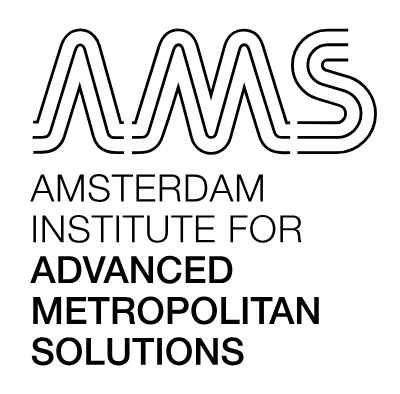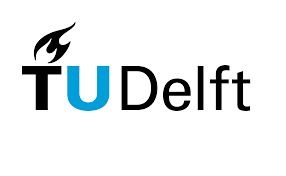EVENTS
—Are you curious for more? Would you like to get in touch? Feel free to contact our lead directly for any questions or inquiries you may have. Tikvah Breimer (MSc MAEd MSc) Director tikvah@studioblended.com +31 6 42 47 29 69
A MOOC curriculum that stands the test of time - by design
Kick-off with a Design Studio
2025
—
We are currently working on a Massive Open Online Course under the prestigious European Research Council (ERC) funding. Stay tuned!
Meanwhile, read more about our Design Studio
—
Three subsequent sessions (morning / afternoon)
Photo: Follows
Session lead:
Tikvah Breimer (MSc MAEd MSc)
Lead and Founder StudioBlended
Independent senior advisor, Teacher Trainer
Graphics:
Lucas Rampazzo (MA)
Graphic designer
Online learning environments art designer
—
“It was inspiring and fruitful [for me as participant of the workshop]. I realised a course has baseline building blocks versus the trends and hypes that come and go. I realised where to invest in most. I am taking this further for my own field for sure.”
dr. Roberto Rocco Senior Associate Professor of Spatial Planning and Strategy at TU/Delft Faculty of Architecture and Built Environment, Governance specialist focusing on Spatial Justice and Governance for Just Transitions.
Associate Professor of Urban Design at TU/Delft Faculty of Architecture and Built Environment, Program Director of MSc MADE at AMS Institute and co-director of VR-BK at BK-LABS
![]()
dr. Roberto Rocco Senior Associate Professor of Spatial Planning and Strategy at TU/Delft Faculty of Architecture and Built Environment, Governance specialist focusing on Spatial Justice and Governance for Just Transitions.
“It was unexpected. We prepared thoroughly in our conversations beforehand, and even so you were able to surprise me. Instead of themes we would have grouped in a very concrete manner, it was all much more layered and strategic. Much more academic than I expected - for the good. We identified undercurrents, hypes and baselines and all in all created much more depth. It was really useful to look at our program like this - the graphical output we received, shows rising and declining lines that require attention - which words/concepts are we going to use, and which aspects do we need to adjust in the background?
Merely producing some themes with the team would have been irrelevant to me - what we did now, truly gets us further in the coming year as we reimagine the program. I got what i needed.”
Dr. Stefan van der Spek Associate Professor of Urban Design at TU/Delft Faculty of Architecture and Built Environment, Program Director of MSc MADE at AMS Institute and co-director of VR-BK at BK-LABS

Are you curious to learn more about this specific workshop? Would you like to receive a bespoke quotation? Feel free to Email me directly, via: tikvah@studioblended.com
Big ideas and a time-robust approach to a masters degree/
Kick-off New Academic Year at the Amsterdam Institute for Metropolitan Studies (AMS)
August 30, 2024
—
A workshop to discover not just big ideas across the team and courses, but also how they operate in hype cycles, in order to identify a time-robust scope for the masters degree.
—
13.00-17.00 keynote, workshop and discussions
Amsterdam timezone
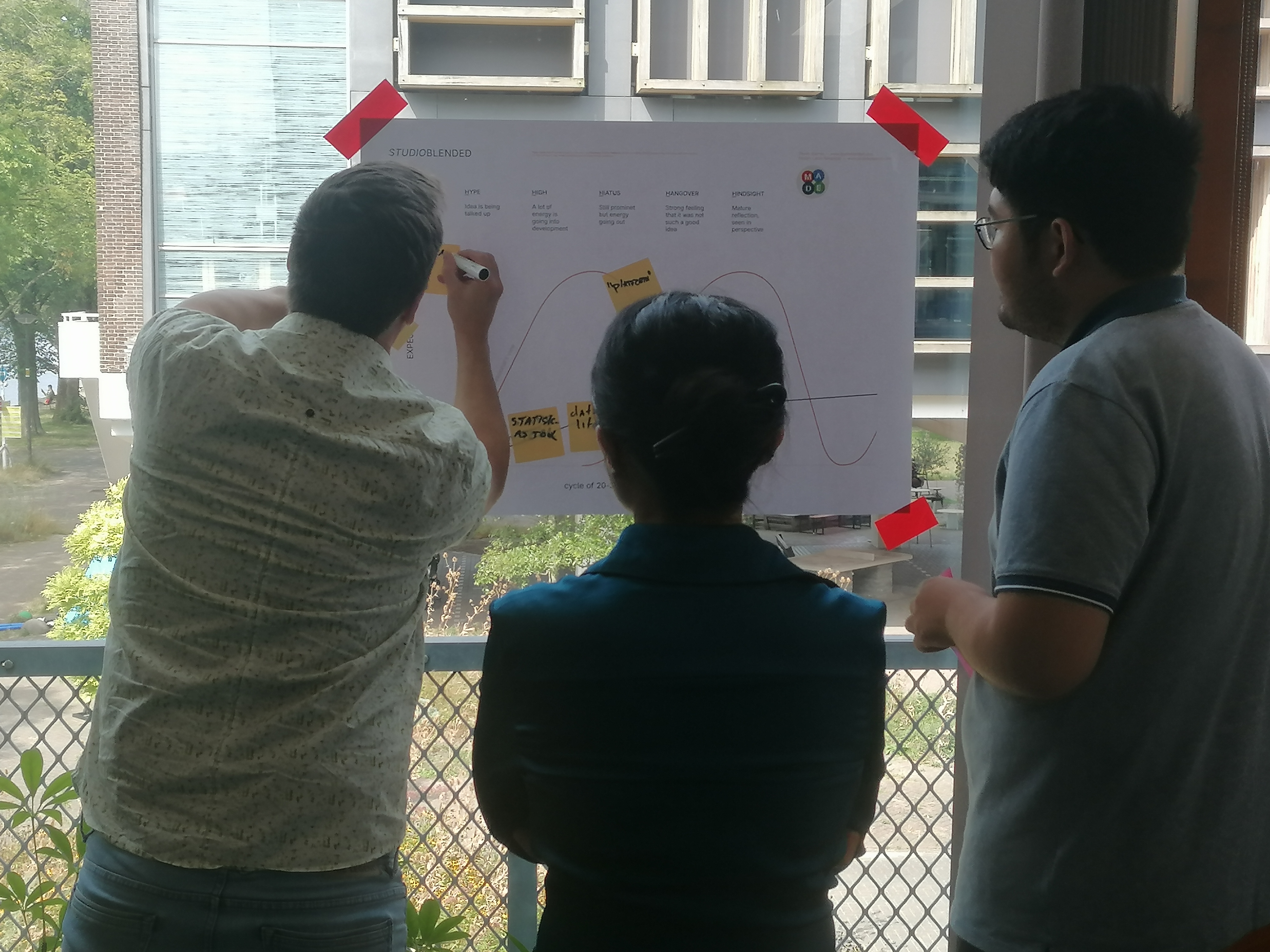
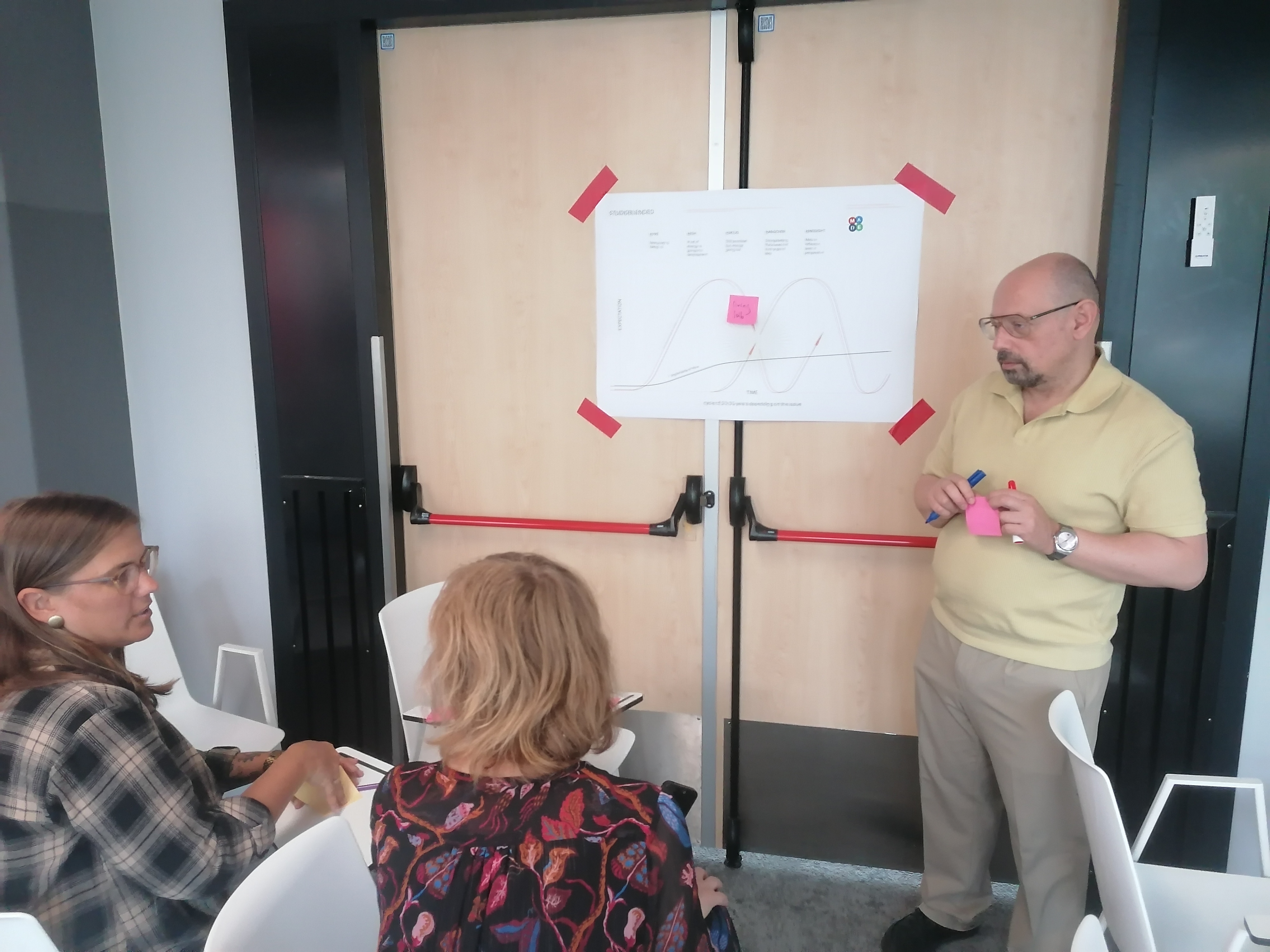

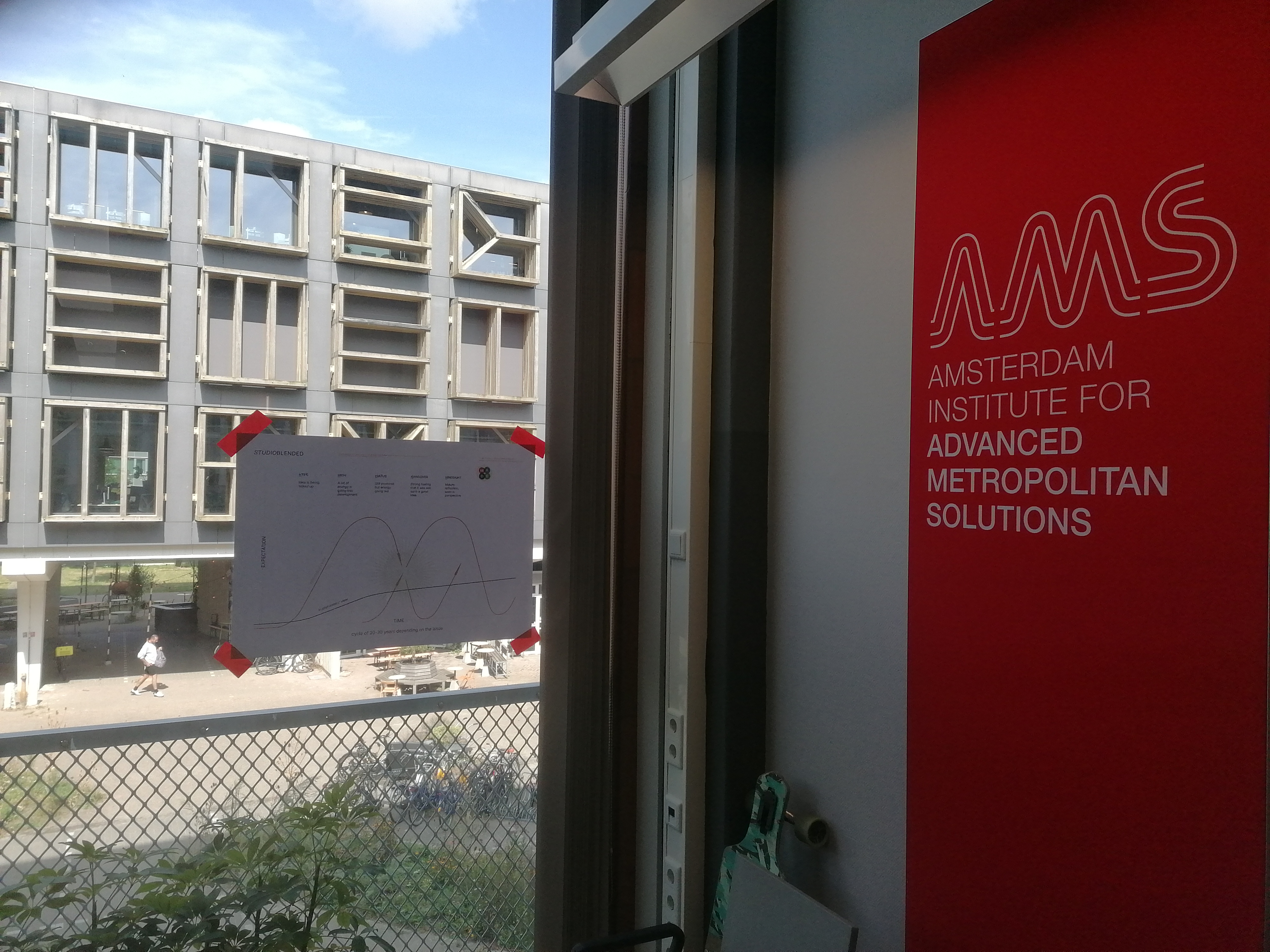

Photo: The AmsterdamInstitute for Metropolitan Studies (AMS), and the workshop in the afternoon.
On Friday August 30, 2024 Tikvah Breimer (MSc MAEd MSc) joined the academic teaching team of MSc Metropolitan Analysis Design and Engineering (MADE) at the Amsterdam Institute for Metropolitan Studies (AMS) to kick-off the new academic year, and deliver a keynote coupled by a group excercise around strategizing and envisioning 'big ideas' in the Master's curriculum - in order to be equipped to simplify and innovate.
MSc MADE was founded some 8 years ago. How can it remain relevant and cutting-edge well into the coming years? This is the authentic question of the program director.
The result of the workshop:
The teaching team was equipped with knowledge and understanding of what makes a resilient (trans/interdisciplinary) curriculum that stands the test of time. The team became aligned around a shared understanding of the big ideas of the AMS/MADE educational program - and how these evolve over time. The teaching team could now take this design forward into futher time-resilient and innovative educational design and development.
The keynote reflected StudioBlended's truly most original and technical work and we're happy to now share it with you too, it just released as an Audio Podcast on all your favorite streaming channels.
Curious? Listen to the keynote (Apple Spotify) or find it on our Audio Podcast page, including a full transcript and many, many resources for further exploration.
Find the Metropolitan Analysis Design and Engineering (MADE) program - a collaboration between Delft University of Technology and Wageningen University & Research - here.
Session lead:
Tikvah Breimer (MSc MAEd MSc)
Lead and Founder StudioBlended
Independent senior advisor, Teacher Trainer
Graphics:
Lucas Rampazzo (MA)
Graphic designer
Online learning environments art designer
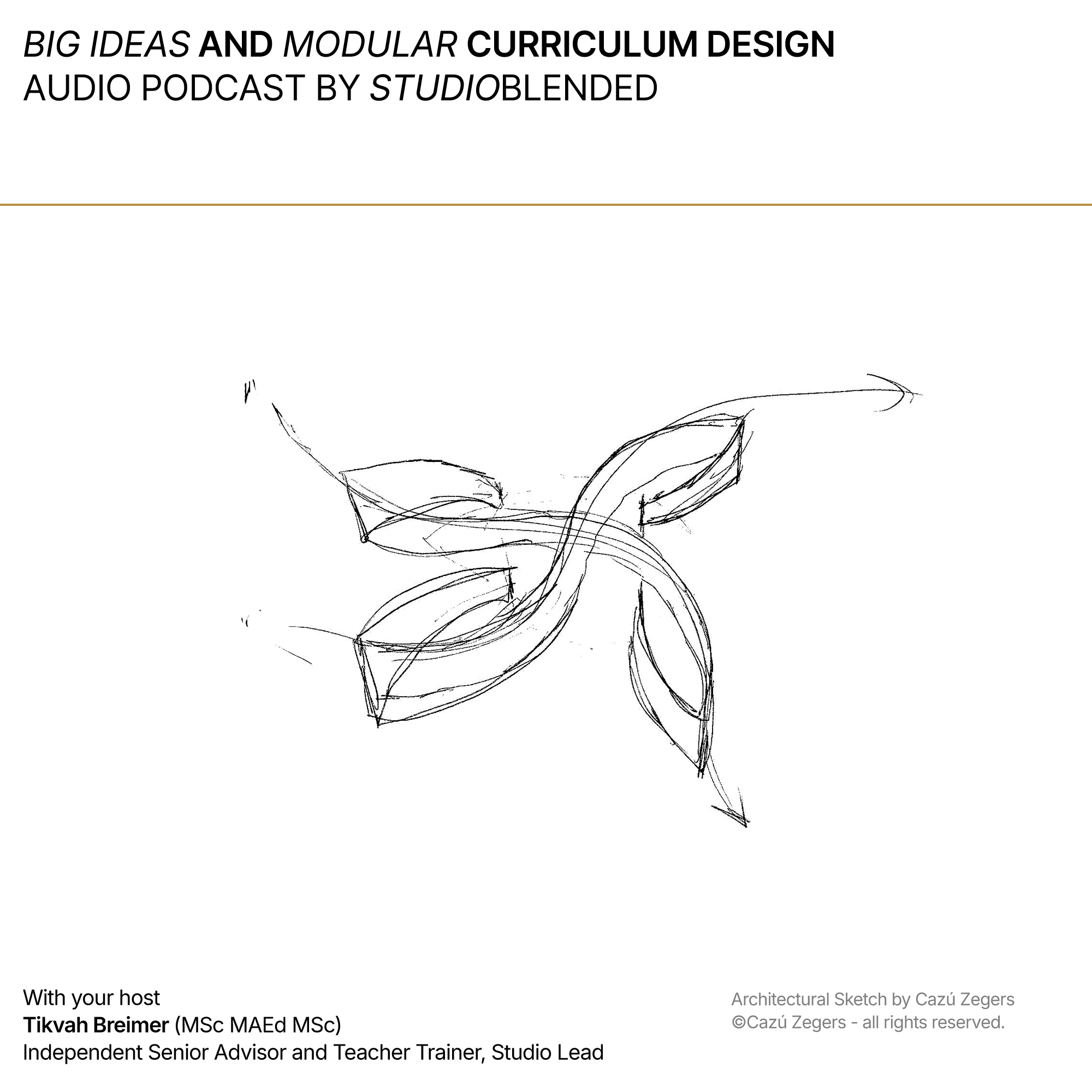
—
Keywords
—
Curriculum design, interdisciplinary, technical, future generations, Japanese Future Design experiment, Design thinking, co-design, imagining, envisioning, paradigm shifts, transition, future literacy, adaptation, exploratory.
![]()
![]()
![]()
—
Curriculum design, interdisciplinary, technical, future generations, Japanese Future Design experiment, Design thinking, co-design, imagining, envisioning, paradigm shifts, transition, future literacy, adaptation, exploratory.



Imagination at work session /
UDCW workshop Rotterdam,
UCCRN_edu network
June 6, 2024
—
A playground that factors in future generations of students, to imagine a climate curriculum of the future around ‘flood risk’.
—
9:30 - 13:00 CEST/GMT+2 session
14:00 - 17:30 CEST/GMT+2 multiplyer event
Amsterdam timezone
20 Master student participants of the Urban Design Climate Workshop (UDCW) Rotterdam.






Slide: the imagination at work session at the UDCW Workshop Rotterdam, UCCRN_edu network
Synopsis
Future generations of students cannot influence the education they will receive on climate change, while today’s university researchers and lecturers who decide on such curricula tend to be focused on the present. They may design the curriculum based on pressing contemporary global environmental problems and current dominant paradigms in their domains. They may even primarily design courses and degrees that sell well in the market of applicants. They may be biased towards knowledge curricula - or skills based education.
It is essential tough to be strategic with climate curricula in order to be relevant, authentic, and responsive to new generations, and ensure their impact for action in the world. While future generations of students have no rights or representation in the decision-making today on climate education – their voices may hold important clues for innovation.
Understanding how to reconcile this disconnect with future generations is important for resolving intergenerational issues in our world today such as sustainability and swelling government debt. We should equip future generations well for the challenges they will be facing – as citizens of the world, and as professionals in their future jobs.
Japanese future design experiment
What would happen to a climate curriculum if we incorporated the needs of future generations of students? Surely such an experiment would break down today’s dominant paradigms and lead us to recognise what new ways of thinking and being are emerging.
Coping with this important issue, we propose a Japanese “Future Design experiment”. We set out to engage the viewpoints and interests of “imaginary future student generations” in decision making on what goes in - and out - of a climate curriculum.
Today’s experiment is a ceremonial roleplay between two generations: a group who represents current 40+ course and degree coordinators, and a group who represents future students – the teenagers (round 1) and children (round 2) of today who are not yet being heard in present-day decision-making about curricula.
Together we will imagine an interdisciplinary curriculum design for flood risk in Rotterdam, coming from the fields of 1) architecture/planning, 2) technical water professionals, and 3) whatever discipline or capability the participants deem essential to imagine.
The assignment activates prior knowledge of what was learnt so far in the workshop, and is authentic: at 14:00 the students bring their design into the multiplyer event.
Envisioned learning outcomes:
Future literacy, adaptability, exploratory thinking (see Joint Research Centre 2022, the European Sustainability Competence Framework)
Imagination - part of a growth mindset (see Accenture, New Skills Now)
Understanding paradigm shifts – particularly the X curve for transition.
Youth voice.
The session gave a great insight into long term visions and how to include them in a strategy. Student participant
I learnt to change my perspective. Sometimes it’s necessary to remember that we, as architects, are planning and designing for the whole community (that includes children, teenagers, elderly and 40+) and it’s fundamental including their point of view. Student participant
I learnt how to produce something quickly, use time as a challenge.
Student participant
I learnt more about how to construct/design a course! Which I didn’t know at all. Student participant
I enjoyed deconstructing the work done in the previous days. Student participant
I liked the roleplay and the relationship between different age groups. I learnt to think not as a researcher.
Student participant
Session lead:
Tikvah Breimer (MSc MAEd MSc)
Lead and Founder StudioBlended
Independent senior advisor, Teacher Trainer
Graphics:
Lucas Rampazzo (MA)
Graphic designer
Online learning environments art designer
StudioBlended
Dissemination:
Paolo Destilo (BSc)
Host and Podcast Producer
@europematters_ podcast Young European Ambassador BUILDEU2
StudioBlended
Coordinators UCCRN_edu workshop Rotterdam:
Dr. William Veerbeek
Senior Lecturer in Flood Resilience
IHE-Delft Institute for Water Education
Francesca Rizetto (MArc, MSc)Researcher at TU-Delft Faculty of Architecture and the Built Environment
Prof. dr. Chris Zevenbergen
Professor of Flood Resilience of Urban Systems
IHE-Delft Institute for Water Education
Supporters:
Erasmus+ Horizon Europe
IHE-Delft Institute for Water Education
Resilient Delta Initiative
UCCRN European Hub
Inspirations: Research Institute for Humanity and Nature in Japan
Kochi University of Technology Research Institute for Future Design Japan, founded by Tatsuyoshi Saijo
Kobayashi 2018 ‘How to represent the interests of future generations now’, VOX EU
European democracy hub
Here come the Time Rebels! Japan’s Future Design Movement shows how to factor future generations into our politics
StudioBlended 2022 Japanese Future Design Model going into a Synchronous Pedagogical Audio Playground
Ketonen-Oksi, Sanna & Minna Vigren 2024 Methods to imagine transformative futures. An integrative literature review. Futures 157 (1):103341 DOI:10.1016/j.futures.2024.103341. [open access]
—
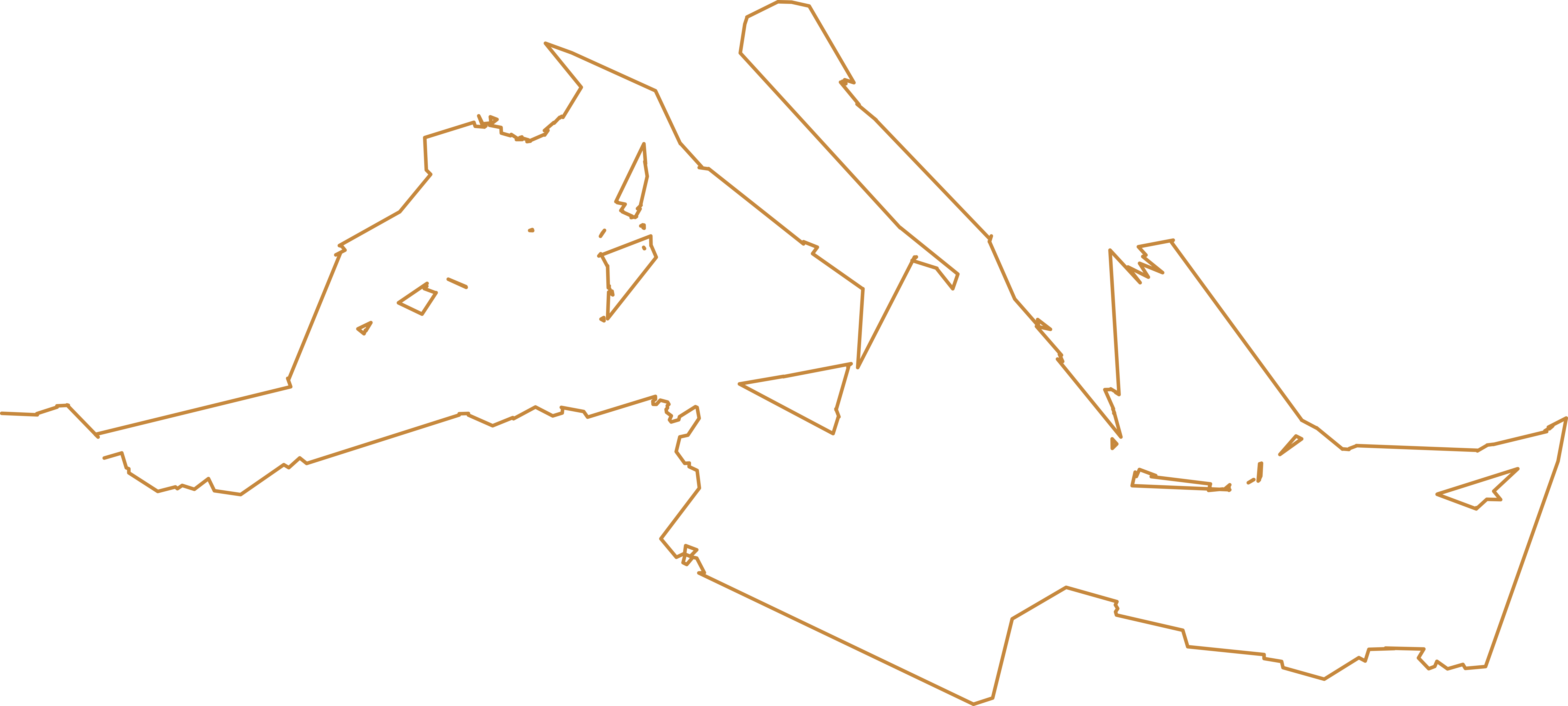
Italy, Spain, Portugal and Greece, seen with new eyes - from the sea. By the talented Lucas Rampazzo.
February 25, Friday, 2022 - Our event in the Conference on the Future of Europe. Also featured in the Dutch newspaper NRC, Future Affairs Newsletter on January 1, 2022.
Find the guide for the Japanese Future Design Model going into a synchronous audio playground here.
For a quick access to the dialogue and debate ignition on the topic, find our 4 pager here.
Our report is avaiable here
The scoping paper on envisioning blended higher education in post-lockdown Europe is available open-source here
Keywords
—
Higher education, university, lecturers, teacher training, resilience, North/South divide, South/South, capacity development, Europe, Italy, Portugal, Spain, Greece, policy, economics, governance, COVID-19, post lock-down.
#theFutureisYours #CoFoE #EuthPages #Erasmus #ErasmusPlus


Conference on the Future of Europe Event /
Resilience and the (non)sense of teacher training for university teachers in the South of Europe
February 25, 2022
—
A dialogue and debate at the intersection of generations,
and northern and southern Europe.
—
14:00 - 17:00 CEST/GMT+1
Amsterdam / Italy timezone
Invitation via Email
Confirmation via Eventbride (includes calendar invitation and ZOOM link)
Note 4 February 2022: Tickets sold out. Unless you received an exclusive invitation, personally, we closed the tickets, and are curating the groups. Keep an eye on the products that come out of the event and pilot.
Synopsis
We carefully select a pool of shortlisted young university teaching staff, as well as seasoned university teachers and experts, in northern and southern Europe, and per exclusive invitation offer them the opportunity to contribute to the largest citizen-consultation ever in Europe - the Conference on the Future of Europe.
We invite them to engage in dialogues and debates with each other, around ‘resilience and the (non)sense of teacher training for university teachers. The outcomes of the dialogues and debates are reported to the European Parliament.
The majority of the time is reserved for actual interactions with the purpose of reaching policy recommendations for younger generations of university teachers in (Southern) Europe over the coming decades.
Japanese future design analogue model going synchronous
The event we envision is not merely a discussion. Find our guide here.
We are creating a synchronous universe of audio playgrounds which is an education unto itself.
At the heart of the event is the conversation between young university teachers from the South of Italy - University of Naples Federico II (DiarC / UNINA) - and other universities in Italy and Spain - student assistants, PhD candidates, lecturers on temporary contracts - and the educational experts and lecturers with more established careers (either from the North or South of Europe).
The purpose is to ignite qualitative and lively interactions, dialogues and debates between these groups, across generations and regions of the South of Europe. To take the individual experience and expertise, into the collective, the systemic, the adaptive.
Thereby we approach the North and South of Europe without compartmentalising the regions, but rather seeing the fluidity of their borders, and exploring each other’s worlds, history, present experiences, needs, ideas and hopes. You can see this beautifully reflected in the graphic art created especially for the event, in which we see the South with new eyes, from the sea, and as a single borderless line.
Envisioned outcomes:
- Policy recommendations for younger generations of teachers for the coming decades in (Southern) Europe, for the European Parliament as part of this deliberate democratic event.
- New professional connections, that intersect generations and north and south - and beyond.
Outputs follow organically after the event:
- Report for GaragErasmus/European Parliament
- Keynote
Prefer to read? Transcript
Spin-off
- A pilot project with our open access Audio podcast teacher training ‘How to design an effective and resilient curriculum’.
Event lead / Moderators:
Tikvah Breimer (MSc MAEd MSc)
Lead and Founder StudioBlended
Independent senior advisor, Teacher Trainer
Event lead, Lead of the experiment with the Japanese Future Design Time-rebels model going synchronous for pedagogical purposes (see below).
Ambassador Erasmus + Generation
Paolo Destilo (BSc)
Host and Podcast Producer
StudioBlended
Coordinator & advisor young teachers
Enza Tersigni (PhD) (Research Fellow)University of Naples Federico II (UNINA)Department of Architecture (DiARC)
Member Urban Climate Change Research Network (UCCRN), Co-proponent Erasmus + UCCRN-EDU project
Senior advisor in the South
Mattia Leone (Associate Professor) University of Naples Federico II (UNINA)
Department of Architecture (DiARC)
Senior Researcher PLINIVS-LUPT Study Centre of UNINA
Co-Director Urban Climate Change Research Network - European Hub (UCCRN)
Secretary Green Building Council Italy Chapter Campania-CalabriaLead Erasmus + UCCRN-EDU project
Opening
Laila Bouallouch (MSc MSc)
Policy Advisor Future of Work
Ministry of Foreign Affairs,
The Netherlands
Co-moderators
Geoffrey Payne
Architect, Senior lecturer, Housing and Urban Development senior consultant
Geoffrey Payne and Associates
World Bank advisor London, UK
John Cropper
Co-Founder Pyramid Learning
Greater Oxford Area, UK
Enza Tersigni (see above) &
Francesca Brunner (MSc student) Ambassador Erasmus+ Generation
Paolo Destilo (see above)
Report to the European Platform / Parliament
Tikvah Breimer (MSc MEd MSc)
In co-collaboration with DiARC/UNINA
Jane Longley (MA)
English editor, translator, educator
Consultant online instruction formulation
StudioBlended
Lucas Rampazzo (MA)
Graphic designer
Online learning environments art designer
StudioBlended
Supporters:
European Parliament subsidy via GaragErasmus Foundation for the Erasmus Generation, Milan, Italy
—
StudioBlended aims to support public life, public squares that are so essential for dialogue and debate in our democracies, by supporting cafes and restaurants in these times of lockdown. The moderation of this European event takes place in an 1920s bathhouse, built in the style of Amsterdamse School and turned into a restaurant - Badhu in Utrecht, the Netherlands. We will share pictures afterwards via GaragErasmus and LinkedIn.
STUDIOBLENDED

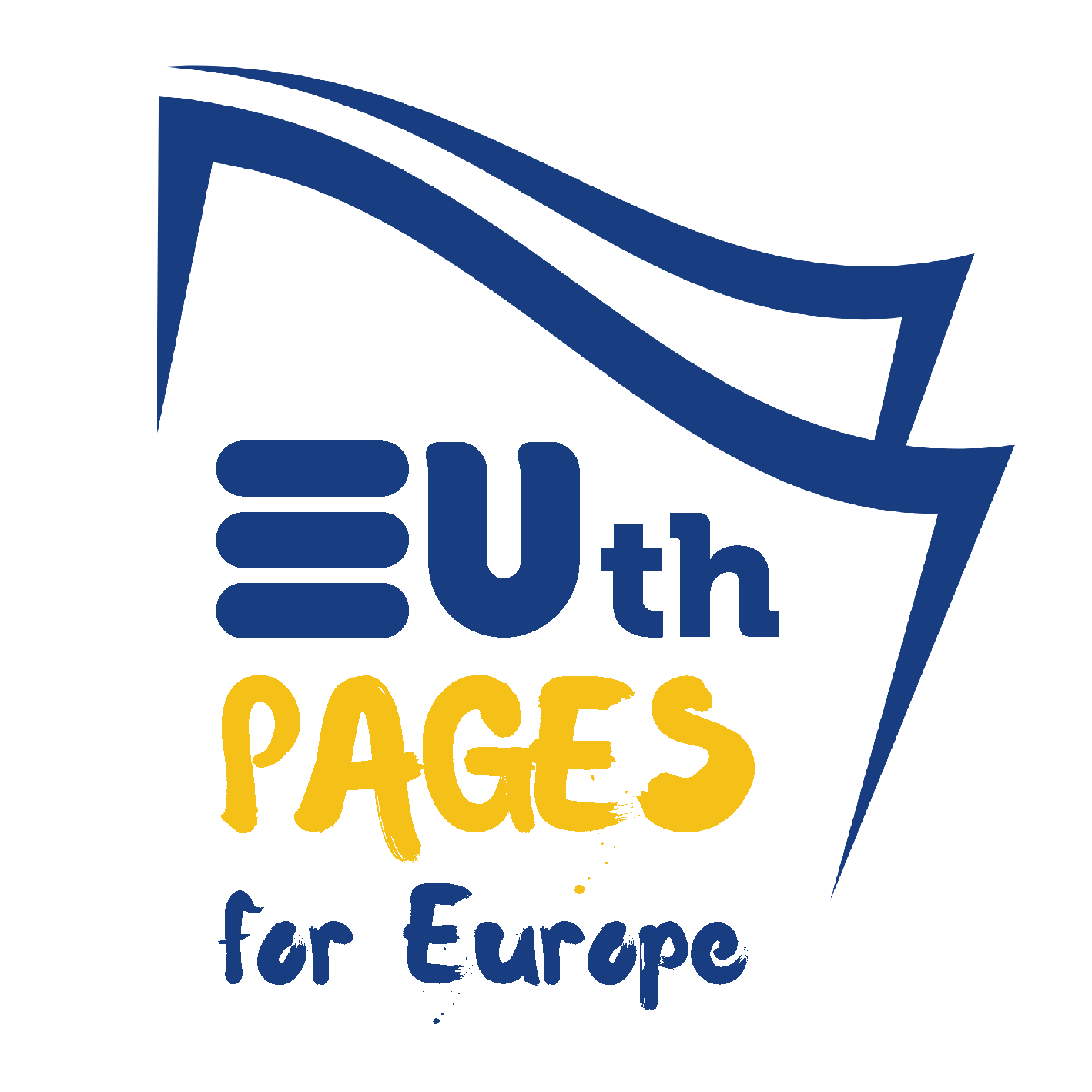
—
Prefer to have direct contact?
Feel free to contact us:
Tikvah Breimer (MSc MAEd MSc)
Independent senior advisor, teacher trainer, director.
tikvah@studioblended.com
+31 6 42 47 29 69
STUDIOBLENDED Non Profit Foundation
Registration Chamber of Commerce
KvK-number 86242598 (Dutch)
VAT identification number
NL 86 39 07 29 5 B01
Bankaccount
NL40 INGB 0709 6156 04
SWIFT/BIC: INGBNL2A
StudioBlended Foundation
Feel free to contact us:
Tikvah Breimer (MSc MAEd MSc)
Independent senior advisor, teacher trainer, director.
tikvah@studioblended.com
+31 6 42 47 29 69
STUDIOBLENDED Non Profit Foundation
Registration Chamber of Commerce
KvK-number 86242598 (Dutch)
VAT identification number
NL 86 39 07 29 5 B01
Bankaccount
NL40 INGB 0709 6156 04
SWIFT/BIC: INGBNL2A
StudioBlended Foundation


